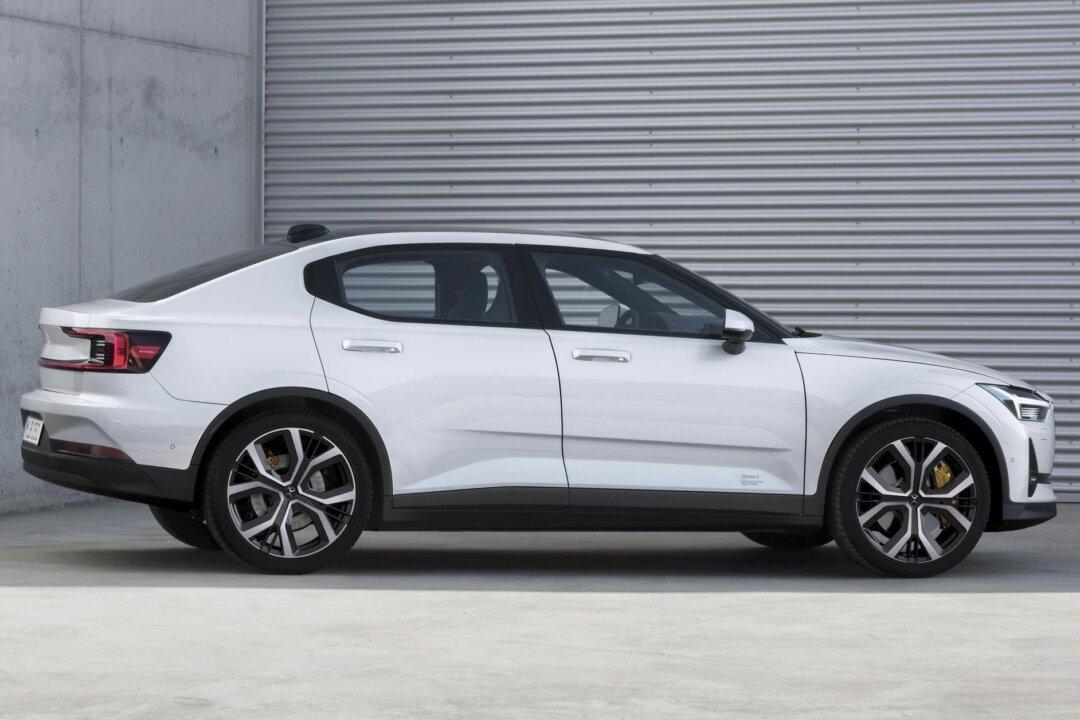FRANKFURT, Germany—Carmakers are hoping to give consumers a glimpse of the future at this year’s Geneva auto show as they roll out new electric cars and try to re-energize an industry facing serious challenges on several fronts.
The Geneva International Motor Show is taking place against a background of slowing sales in China, the world’s biggest auto market. A potentially chaotic departure by Britain from the European Union and the U.S.-China trade dispute could mean further trouble.





